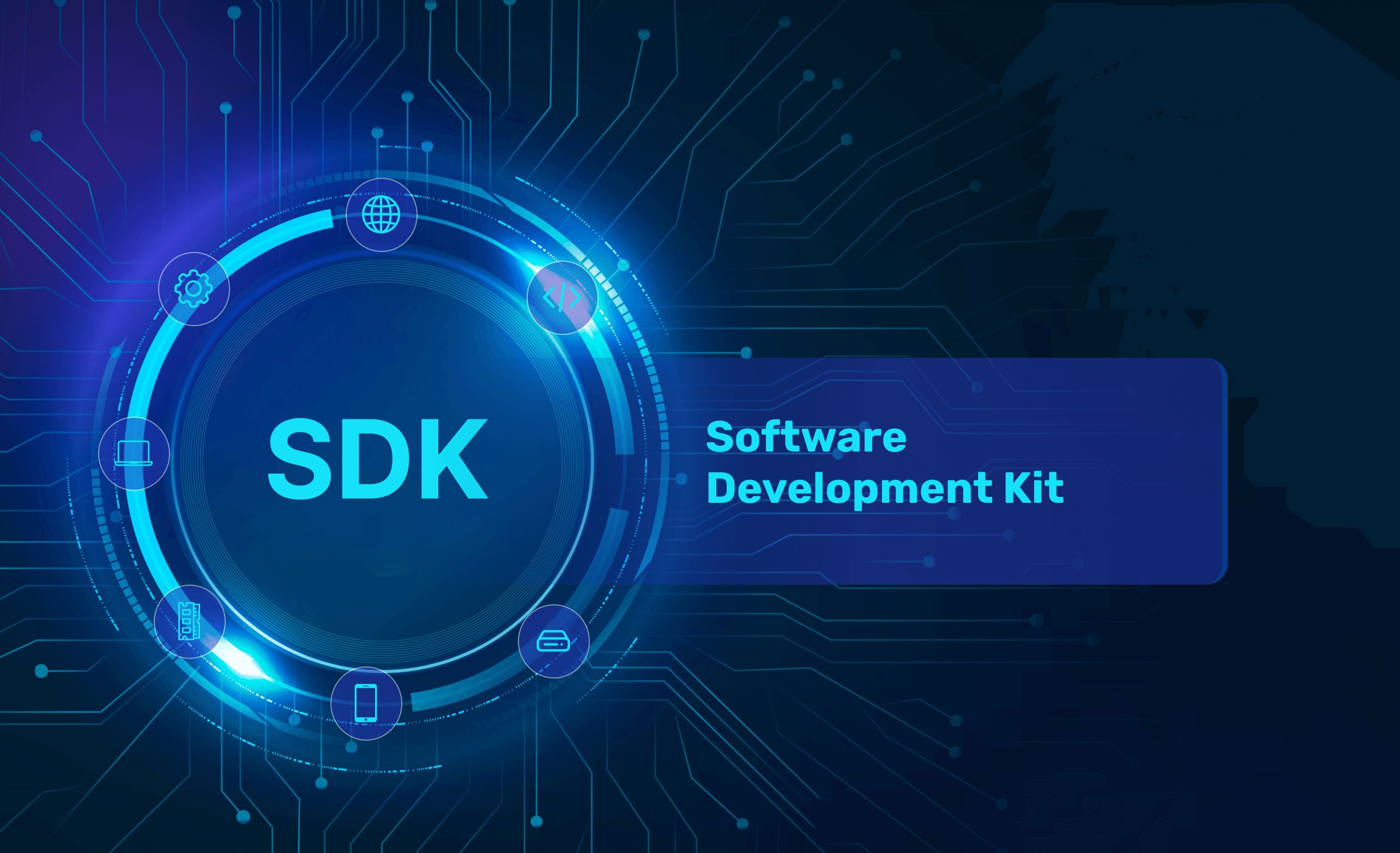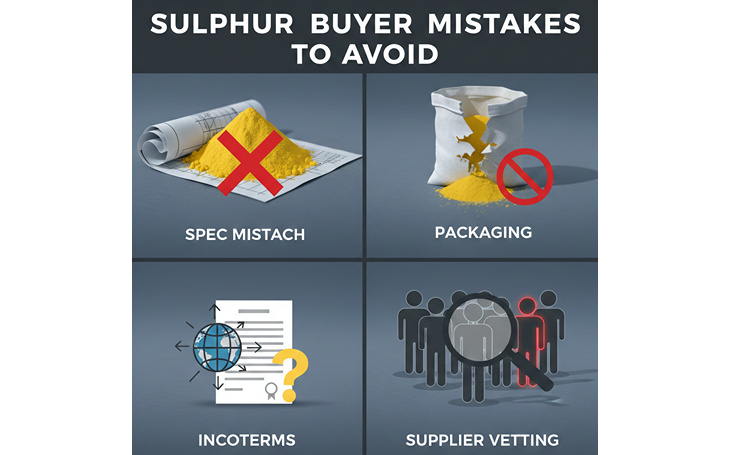What Is a Software Development Kit (SDK)?
What Is a Software Development Kit (SDK)?
In the rapidly evolving world of technology, building applications for different platforms is essential for businesses and developers. Whether it’s creating a mobile app, web platform, or desktop software, developers need tools to streamline the process and ensure efficient results. One such critical tool is the Software Development Kit (SDK). This article dives deep into what an SDK is, its components, types, benefits, and why it is a must-have for modern software development.
Understanding SDK: The Basics
A Software Development Kit (SDK) is a collection of tools, libraries, code samples, documentation, and other resources that assist developers in creating applications for specific platforms or devices. Think of it as a toolbox: everything you need for development is in one place, ready for use.
For instance:
- If you’re developing an Android app, the Android SDK provides tools to write, compile, and test the application.
- If you’re building an iOS app, the iOS SDK gives you resources to integrate Apple-specific features, like Face ID or Siri.
The primary goal of an SDK is to save time, simplify development, and allow developers to focus on their application’s unique features rather than reinventing basic functionality.
Why Are SDKs Important?
The use of SDKs is essential in modern software development. Here’s why:
- Efficiency and Speed : - SDKs provide pre-built libraries and templates, allowing developers to avoid writing code for common tasks. This accelerates the development process and ensures faster deployment.
- Platform Optimization : - SDKs are designed to work seamlessly with specific platforms. Whether it’s Android, iOS, or a game engine like Unity, SDKs ensure compatibility and smooth integration with the platform's features.
- Advanced Functionalities : - SDKs enable developers to incorporate complex features like GPS navigation, payment gateways, and augmented reality without needing to master the underlying technology.
- Standardized Development: - With detailed documentation and code samples, SDKs promote best practices and reduce the risk of errors. This standardization is particularly important for large development teams.
- Cost-Effective : - By minimizing development time and providing pre-built components, SDKs reduce overall project costs.
Key Components of an SDK
SDKs typically include a range of resources to help developers during the development process:
- Libraries :- Libraries are pre-written code that handles specific functionalities, like rendering graphics or managing data storage.
- APIs (Application Programming Interfaces) :- APIs allow the application to communicate with the platform’s operating system, hardware, or other applications. For example, a map API from Google allows apps to integrate map functionality.
- Development Tools :- Many SDKs include integrated development environments (IDEs) that provide features like debugging, code editing, and project management.
- Sample Code : - These examples show how to implement specific features using the SDK, making it easier for developers to get started.
- Documentation : - Comprehensive guides and tutorials explain how to use the SDK and its features effectively.
- Testing and Debugging Tools : - These tools help developers identify and fix bugs, ensuring the application runs smoothly.
Types of SDKs
SDKs cater to various platforms, functionalities, and industries. Below are some of the most common types:
1. Mobile SDKs
Mobile SDKs provide tools to build apps for smartphones and tablets.
- Android SDK: Includes tools like emulators, debuggers, and APIs for building Android apps.
- iOS SDK: Offers resources for creating apps for Apple devices like iPhones and iPads.
2. Web SDKs
Web SDKs help developers integrate third-party functionalities into websites and web apps.
- Google Maps SDK: Enables embedding maps and location services.
- Facebook SDK: Allows the integration of features like Facebook login and social sharing.
3. Game Development SDKs
Game SDKs provide tools to create interactive and engaging games.
- Unity SDK: A popular choice for developing 2D and 3D games.
- Unreal Engine SDK: Used for high-quality, immersive game development.
4. Payment SDKs
These SDKs facilitate the integration of secure payment processing.
- Stripe SDK: Simplifies adding payment gateways to apps.
- PayPal SDK: Provides tools for enabling PayPal transactions.
5. IoT SDKs
Internet of Things (IoT) SDKs enable applications to connect and interact with smart devices.
- AWS IoT SDK: Helps in building applications for managing IoT devices.
- Google Cloud IoT SDK: Provides tools for connecting devices to Google’s cloud platform.
6. AR/VR SDKs
Augmented Reality (AR) and Virtual Reality (VR) SDKs bring immersive experiences to applications.
- ARCore (Google): Adds AR capabilities to Android apps.
- ARKit (Apple): Offers tools for building AR experiences on iOS devices.





